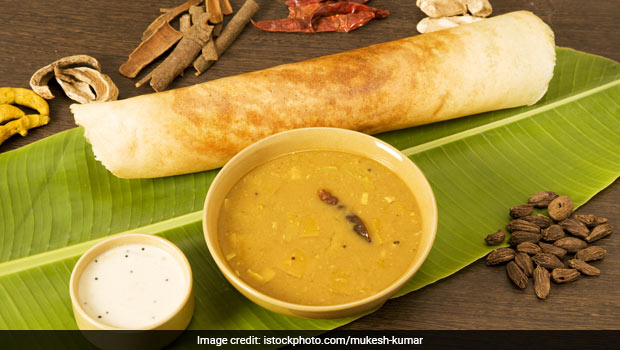When the prices of fruits and vegetables go up, families may buy less of them and shift to cheaper foods that may not be as healthy and have more calories. This can be a major cause of childhood obesity, says a new study. "There is a small but significant association between the prices of fruit and vegetables and higher child Body Mass Index (BMI) in young children in low- and middle-income households," said Taryn Morrissey, assistant professor of public administration and policy at American University. These associations are driven by changes in the prices of fresh fruits and vegetables rather than frozen or canned. "Children living in areas with higher-priced fruits and vegetables averaged higher measures of BMI scores compared with their peers in areas with lower-priced fruits and vegetables," added Alison Jacknowitz, co-author and associate professor of public administration and policy.
BMI is a reliable indicator of total body fat, which is related to the risk of life-threatening diseases. Another surprising finding was an association between higher fast food prices and an increase in obesity. Morrissey said local fast food outlets may have more freedom than grocery stores to increase their prices in response to higher demand for their products. The study also identified a small association between higher-priced soft drinks and a lower likelihood of obesity among young children. The study, published in the journal Pediatrics, did not find strong associations between food prices and food insecurity - meaning families forced by a lack of money to skip meals, cut portions or otherwise forgo food at some point.







